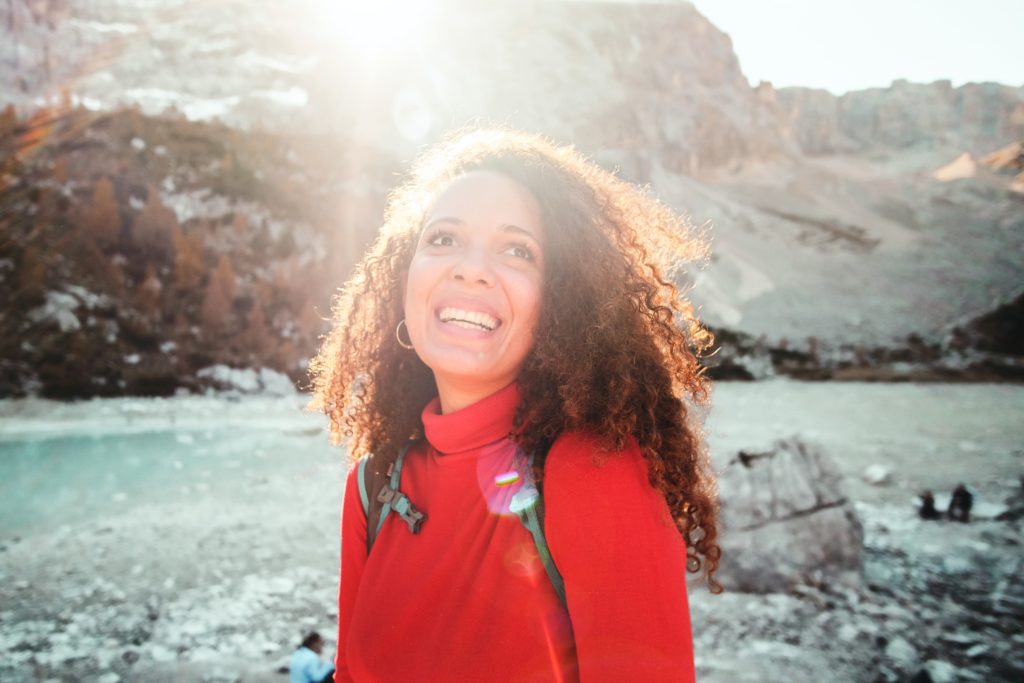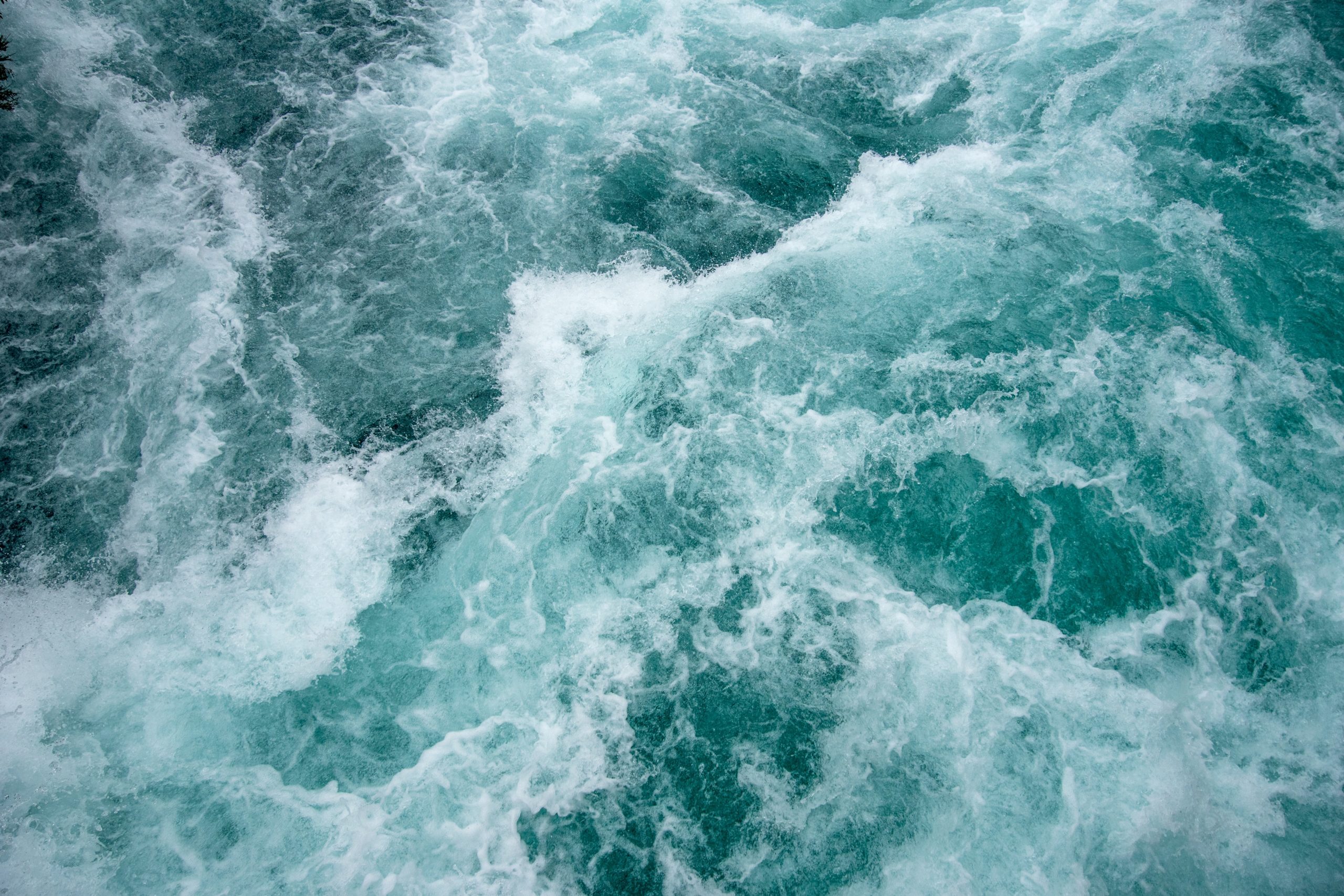Greta Thunberg galvanized masses of people across the world into advocating for climate change. But just as climate action seemed to be hitting a new peak globally, the COVID-19 outbreak abruptly brought the physical manifestations of the movement to a halt. At a time when people are distancing and the first priority seems to be survival, what can citizens do to fight for climate action?
Two climate scientists take on the question: Kai Chan is a sustainability scientist at the Institute for Resources, Environment and Sustainability at the University of British Columbia (UBC); Stephen Sheppard teaches in the urban forestry program and studies climate change scenarios and climate action at the neighbourhood scale.

What lessons can climate scientists and citizens take from the pandemic?
Kai Chan: First, we have learned that we can actually cope with massive disruption to our lives. The upheaval that we’ve experienced as a result of COVID-19 dwarfs the inconveniences that strong climate action would cause. Maybe faith in our resilience can inspire us to finally take the collective action that would avert the climate and ecological crises.
Stephen Sheppard: Despite the fear and uncertainty around the pandemic, we have a unique opportunity to make a difference on that other urgent crisis: the climate emergency. While so many adults and kids are stuck at home, there are fun practical things we can do that make our homes and neighbourhoods more climate-friendly. For example, the Citizens Coolkit is a fun, visual DIY toolkit for learning about climate change on your block and taking action to climate-proof your own backyard while cutting carbon footprints. Something positive, fun and creative to do in dark times. We’re empowering our kids and taking control of our own future.
How would you compare these two very different, but very real public health emergencies?
Chan: COVID-19 was a fast-spreading crisis, whereas climate change is a slow-burning one. On one hand, every jurisdiction has direct incentive to take strong and immediate action to contain COVID-19 within their borders, whereas climate change is a tragedy of the commons. Thus, with climate change many nations strive to continue benefiting from fossil fuels as long as possible, relying on other nations to take action.
Sheppard: Both have major impacts on our health, require careful and timely pre-planning to avoid the worst impacts, and require substantial changes in our habits and expectations. However, they both can yield very positive outcomes in terms of neighbourhood resilience and cohesion, clean air, quieter streets, reduced dependency on external resources and long supply lines. They both also depend on social mobilization of all citizens to change their ways.
How can we keep advancing climate action at a time like this?
Chan: COVID-19’s great pause invites us to re-evaluate the necessity of our purchases—especially travel—and proceed differently. Thanks to physical distancing measures, we have proven that we can interact in all kinds of ways without travel. Many people have been pleasantly surprised how well technology can work, once we iron out the kinks. When borders reopen, let’s push back on travel requests, arguing for virtual alternatives, and requiring genuine carbon offsets in all other cases. Offsets aren’t a full solution, but they provide a temporary solution to establish needed norms of carbon-neutrality.When this is all over and we are rebuilding our economies and communities, we should focus on what really matters and using stimulus spending to bounce forward to a clean future, not back to the dirty past. Let’s realize this tremendous opportunity to invest in a clean energy transition and a circular economy.
Sheppard: Practical things like setting up to work from home, forming new habits like walking to the shops, building food gardens and rain gardens, shade-tree planting, and looking out for your neighbours. Keep the kids busy indoors and get them outdoors; teach them about climate change in a non-scary way, show them what they can do about it — or maybe they will show you!
Learn about what climate change means to you personally. Share and discuss with friends and neighbours on Skype or Facebook, and get everyone thinking about things you can all do collectively.
Got the environment on your mind?
The link between mental health and the changing climate is growing among psychologists. Registered Clinical Counsellor, Debbie Clelland, shares three tips to bring focus back to yourself if you find yourself overly-fixated.
